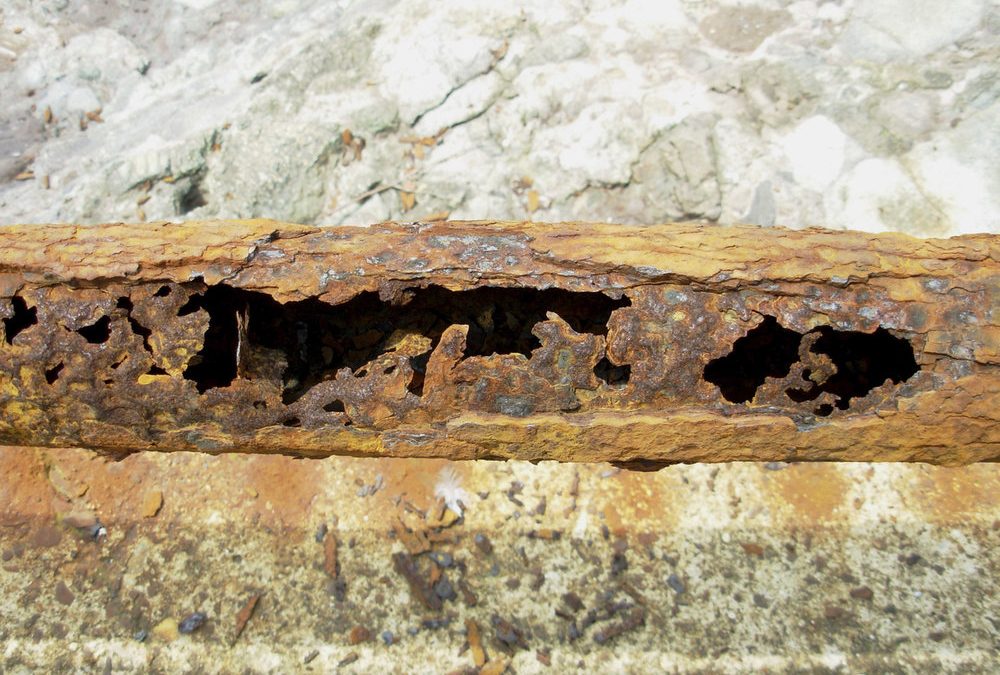Low-flow Toilets Can Have Corrosive Consequences on Older Properties.
Federal law requires that toilets manufactured after January 1st of 1994 must be low-flow and use no more than 1.6 gallons of water per flush. Earlier toilets used 3 – 5 gallons per flush. This law was created to conserve water and help the environment. In older properties (Built before 1970) with cast iron or galvanized drain lines these low-flow toilets decrease the water to waste ratio. The decreased liquid in the pipe is no longer sufficient to effectively convey solid particles causing solids to rub against the bottom of the pipe – slowing their velocity, while liquids continue to flow around the solids. This can result in back-ups and rapid deterioration, of the already corroded drain pipes. Toilet paper and waste often get caught on the rough corroded interior pipe surface and clog frequently.
Each year corroded and failing drain lines cause millions of dollars in damage to multifamily, condos and homes across the country. If you own a property that is experiencing odors, drainage problems and leaks, it may be time to replace the drain lines with PVC before catastrophic failure occurs. A failure that would have a major impact on your tenants and your bottom line. Upgrading to PVC will provide years of reliability and won’t be affected by low-flow toilets. This upgrade can increase the value of your property and help with re-sale down the road.
If your are looking at purchasing an older property, oftentimes the properties are not individually metered and you’ll be paying some, if not all of the water bill. For many investors part of the renovation and repositioning plans are to install low-flow toilets, save water and increase NOI. Just remember, the reduced flow and concentrated waste can speed up the corrosion process and you may have to replace the drain lines sooner than expected.
It’s important that you budget for the worst case scenario in your underwriting. Look for higher than normal plumbing expenses on the P&L. This can be a good indication of past problems. And, ask the seller about any past plumbing issues with the property. Have an in-line camera inspection to determine the condition of the pipes. Your inspector should flow lots of water to stress the system and interview tenants about past plumbing problems.
Proper due diligence and underwriting can make or break your investment – especially when it comes to a major system failure.
Happy Investing!
If we can be of help, contact us any time. We provide multifamily inspection services through-out Florida.

Matt Hawley – Inspector / Owner


Recent Comments